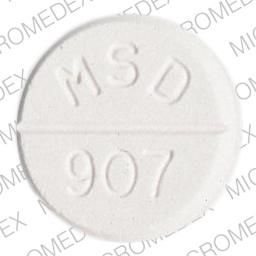Thiabendazole Disease Interactions
There are 3 disease interactions with thiabendazole.
Anthelmintics (applies to thiabendazole) supportive therapy
Moderate Potential Hazard, Moderate plausibility. Applicable conditions: Dehydration, Malnourished, Anemia
Patients with anemia, dehydration, or malnutrition should receive supportive therapy for these complicating conditions prior to initiation of certain anthelmintic therapy.
Thiabendazole (applies to thiabendazole) liver disease
Moderate Potential Hazard, Moderate plausibility.
Thiabendazole is extensively metabolized by the liver. Therapy with thiabendazole should be administered cautiously and with careful monitoring in patients with liver disease.
Thiabendazole (applies to thiabendazole) renal dysfunction
Moderate Potential Hazard, Moderate plausibility.
Thiabendazole is excreted in the urine (90%). Therapy with thiabendazole should be administered cautiously and with careful monitoring in patients with renal dysfunction.
Switch to professional interaction data
Thiabendazole drug interactions
There are 57 drug interactions with thiabendazole.
Thiabendazole alcohol/food interactions
There are 2 alcohol/food interactions with thiabendazole.
More about thiabendazole
- Check interactions
- Compare alternatives
- Side effects
- Dosage information
- During pregnancy
- Drug class: anthelmintics
Related treatment guides
Drug Interaction Classification
| Highly clinically significant. Avoid combinations; the risk of the interaction outweighs the benefit. | |
| Moderately clinically significant. Usually avoid combinations; use it only under special circumstances. | |
| Minimally clinically significant. Minimize risk; assess risk and consider an alternative drug, take steps to circumvent the interaction risk and/or institute a monitoring plan. | |
| No interaction information available. |
See also:
Further information
Always consult your healthcare provider to ensure the information displayed on this page applies to your personal circumstances.


